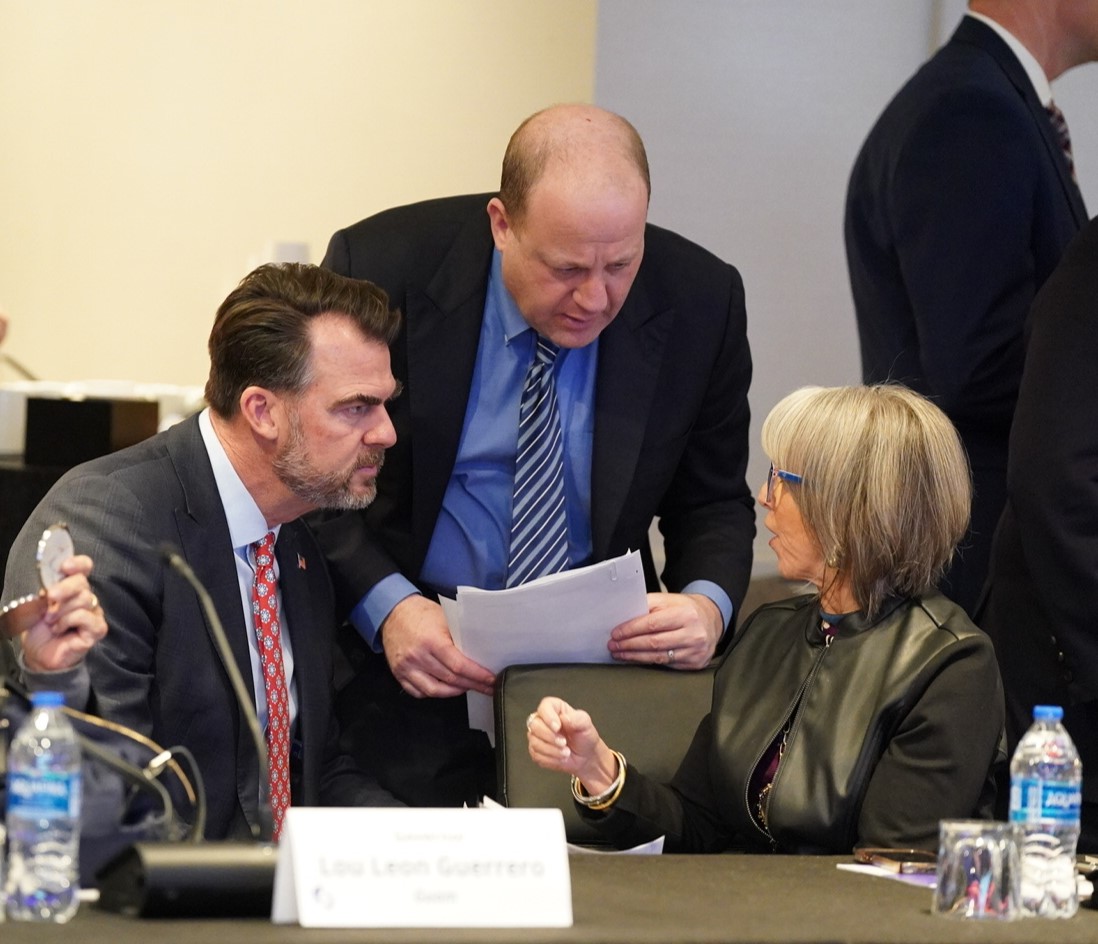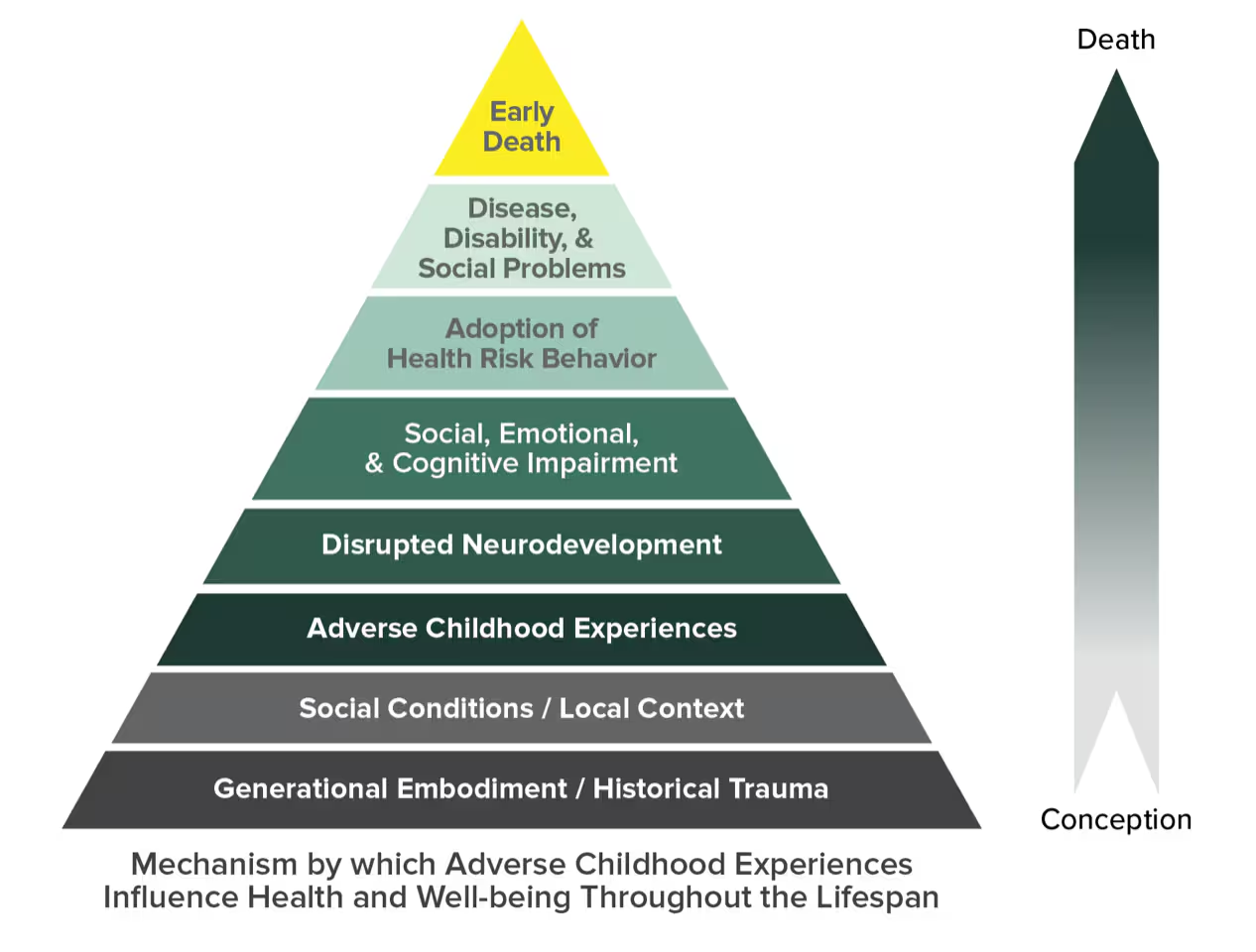On April 23, 2024, the National Governors Association Children and Families team hosted the monthly Human Services Policy Advisors Institute on state levers for implementing and monitoring plans of safe care.
Background
Governors are grappling with the rising rates of substance use, especially among expecting mothers. According to the National Institute on Drug Abuse at the National Institutes of Health, rates of overdose deaths among pregnant women aged 35 – 44 tripled between 2018 and 2021. Expecting mothers can be discouraged from seeking help by systemic influences, like penalization and stigma. Governors and state leaders are charged with implementing programs that ensure child welfare and safety while still supporting the needs of pregnant and postpartum women affected by substance use disorder.
Plans of Safe Care (POSC), a component of the Child Abuse Prevention and Treatment Act (CAPTA), requires various entities, including the delivery hospital, to collaborate, develop, update, implement, and monitor recovery and care plans for infants and family members affected by substance use disorder during pregnancy.
Speakers
- Kimberly Coe, Program Director, National Center on Substance Abuse and Child Welfare
- Sean Couch, Senior Programs Associate, National Center on Substance Abuse and Child Welfare
Key Takeaways
- Plans of Safe Care help states and territories build capacity for birthing hospitals and the child welfare system to support at-risk families by reducing stigma and providing equitable access to resources.
- Three *Key* components of successful Plans of Safe Care:
- Notification (not necessarily a referral) to the Child Welfare system
- Plan of Safe Care developed by the provider (birthing center, hospital, etc.)
- State and Territory monitoring and oversight
- Oklahoma is leveraging cross-system collaboration and initiative alignment while Washington is growing their community-based approach to supporting Plans of Safe Care, where community-based organizations take a lead role in connecting families to resources and wrap around supports in partnership with the state.
- The National Center for Substance Abuse and Child Welfare is supporting 10 states to improve outcomes for families and stands ready to support in-depth technical assistance for states and territories.
Presentation: Highlights of the National Center’s work to support capacity building and family outcomes across the country.
Key Lessons from State Plans of Safe Care Implementation:
- Build capacity to identify and support at-risk families with family-centered services prior to the birth event and child welfare involvement
- Ensure continuity and coordination of services across multiple systems/departments with Plans of Safe Care
- Prioritize approaches that support all families’ needs, with special attention to groups that may be overrepresented in the child welfare system, such as families of color.
- Examine stigma and differences in values/ perceptions toward pregnant and parenting women with substance use disorders and how those attitudes are reflected in policies
- Engage local partners and stakeholders to translate statewide policy into local implementation
Key Practice Implications:
- States continue to adapt and modify their strategies
- Aligning with parallel initiatives allows states to coordinate changes across systems and expand equitable access to care
- Shifting to POSC implemented/enacted prenatally allows states to change the current reactive approach to a proactive, prevention-minded approach and helps mitigate crises at delivery
A recording of this meeting is available for participants, please email Ekaan Ahmad (EAhmad@nga.org) for access.













